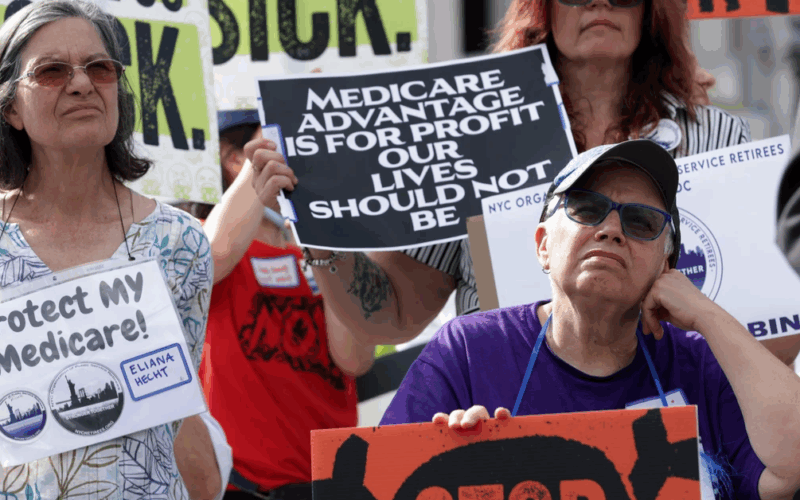Medicare Advantage Plans are popular health insurance choices for many Americans. These plans offer more benefits than Original Medicare, attracting millions of enrollees. However, recent reports suggest that Medicare Advantage might be costing the government much more than expected due to something called “upcoding.”
Upcoding happens when insurance companies make patients appear sicker than they really are. This practice leads to higher payments from Medicare. Experts warn that this could result in overpayments of up to $600 billion, raising big concerns about the future of the program. Understanding this issue is important, especially for young adults who will rely on Medicare in the future.
What Are Medicare Advantage Plans?
Medicare Advantage Plans, also known as Part C, are offered by private companies approved by Medicare. They provide all Original Medicare benefits, plus extra services like vision, dental, and wellness programs. Many younger Americans who work in health fields or have elderly family members know these plans are common.
These plans receive a fixed amount per enrollee from the government to cover healthcare costs. The amount is based on the patient’s health status and needs. But when companies exaggerate a patient’s health problems, they get paid more, even without extra care being provided.
Understanding Upcoding and Its Impact
Upcoding means medical providers or insurance companies report more severe health conditions than patients actually have. This causes payments from Medicare to increase because rates depend on how sick a person appears. According to a report from the Government Accountability Office (GAO), this practice may have led to Medicare Advantage plans being overpaid by hundreds of billions.
These extra payments strain the federal budget and could lead to higher taxes or less funding for other healthcare programs. Critics say the inflated payments reduce trust in the Medicare system and hurt patients who rely on honest billing practices.
How Big Is the Problem?
The potential $600 billion overpayment is a staggering figure discussed by healthcare watchdogs and policymakers. For example, an article published by CNBC (CNBC) highlights concerns that these inflated claims have made Medicare Advantage one of the fastest-growing and most expensive parts of Medicare.
This financial loss affects not only taxpayers but also the quality of healthcare over time. If Medicare Advantage plans receive more money than needed, there is less incentive for providers to improve patient care and cost efficiency.
What Could Be Done to Fix This?
Experts recommend stronger oversight and auditing of Medicare Advantage claims to stop upcoding. The Centers for Medicare & Medicaid Services (CMS) are already exploring ways to tighten rules and improve data accuracy (CMS).
More transparency and education for both providers and patients could help reduce false reporting. Plus, using advanced technology like data analytics can detect unusual billing patterns sooner, preventing excessive payments before they happen.
Why Should Young People Care?
Though Medicare is mostly used by older adults, younger generations should care because they will fund and depend on these programs in the future. Understanding how issues like upcoding affect government spending helps promote better healthcare policies.
By staying informed, young people can participate in discussions about healthcare reform and support efforts to make Medicare fair, sustainable, and available for everyone who needs it.
Conclusion
Medicare Advantage plans provide important benefits but face serious challenges due to upcoding. The potential $600 billion overpayment highlights the need for improved oversight and honest billing. For younger audiences, this means a chance to engage with healthcare issues that will shape their future.
By paying attention to these developments and supporting transparent practices, we can work toward a Medicare system that is both fair and financially sustainable.




